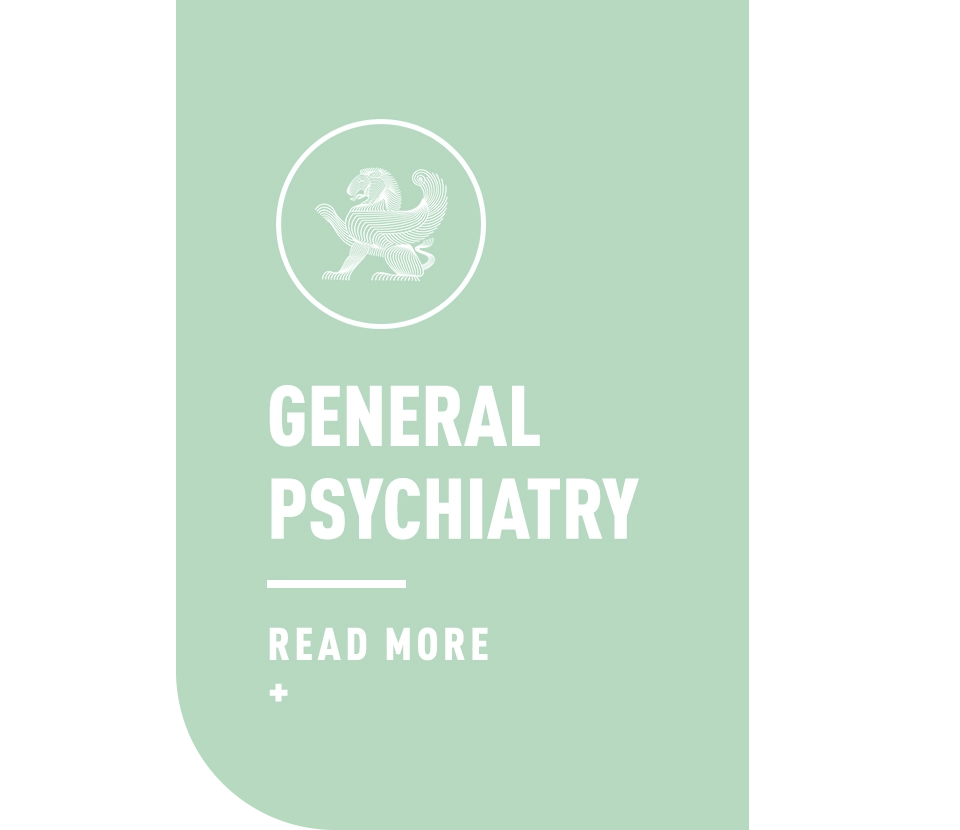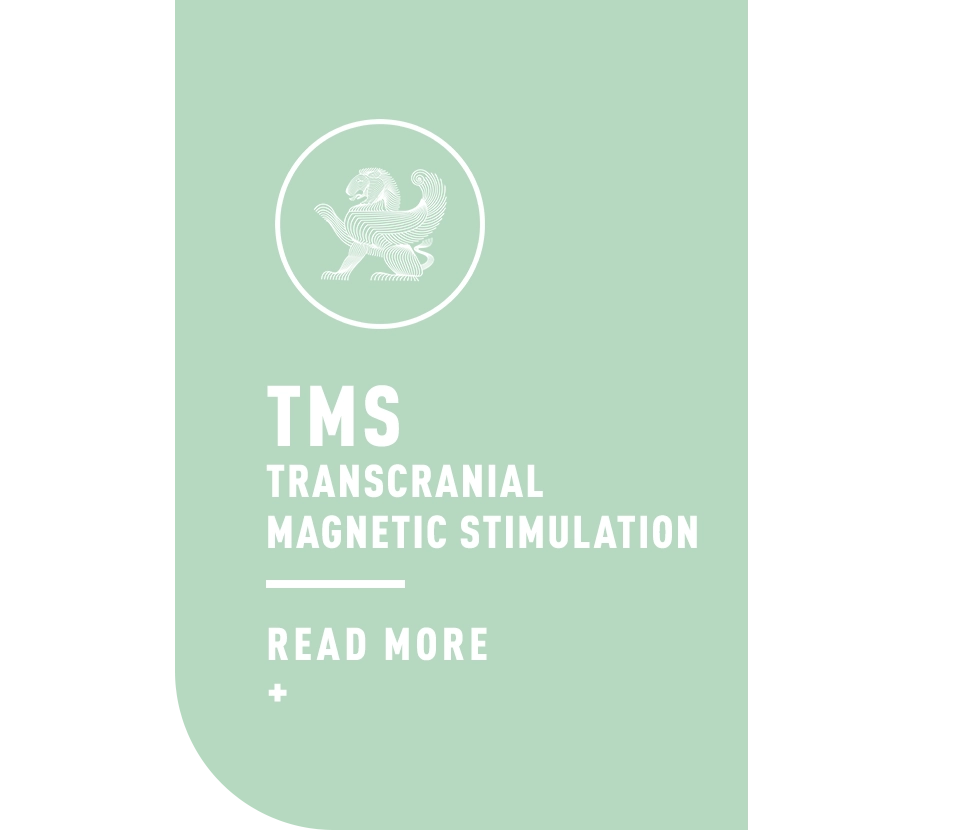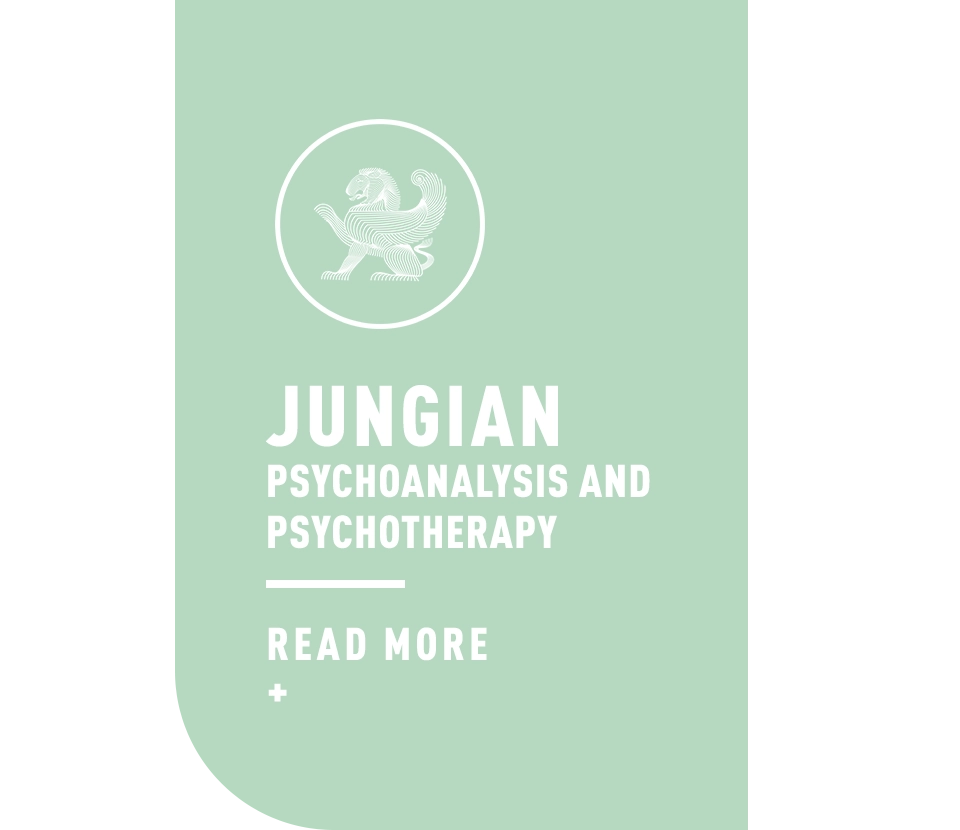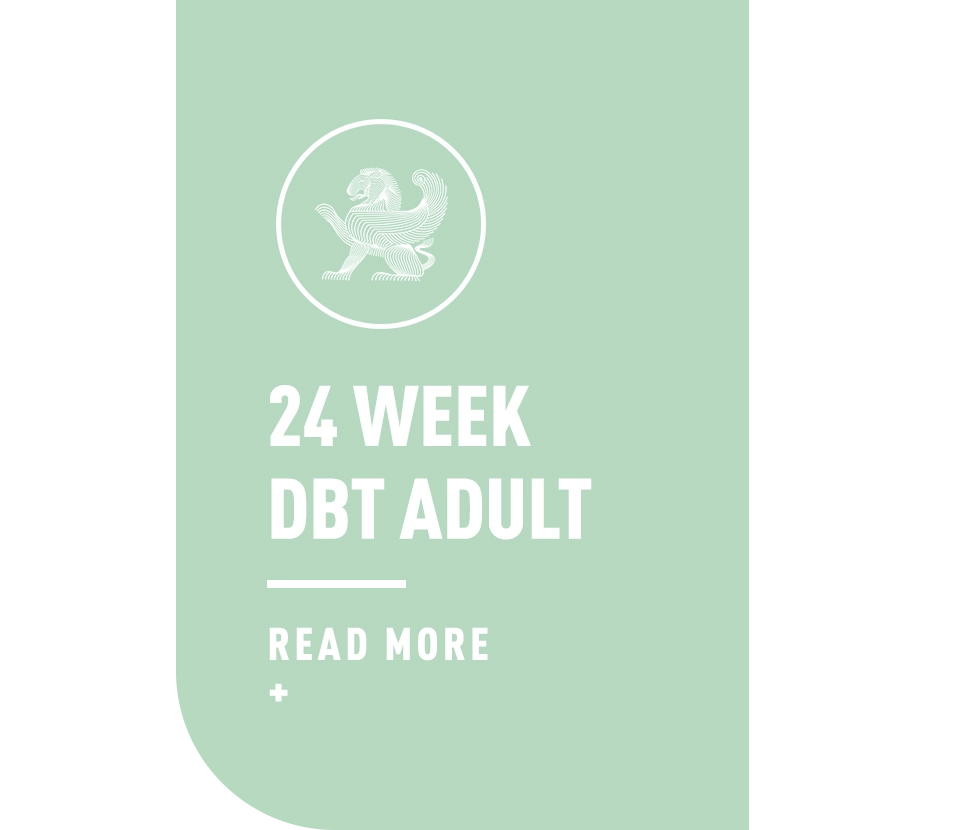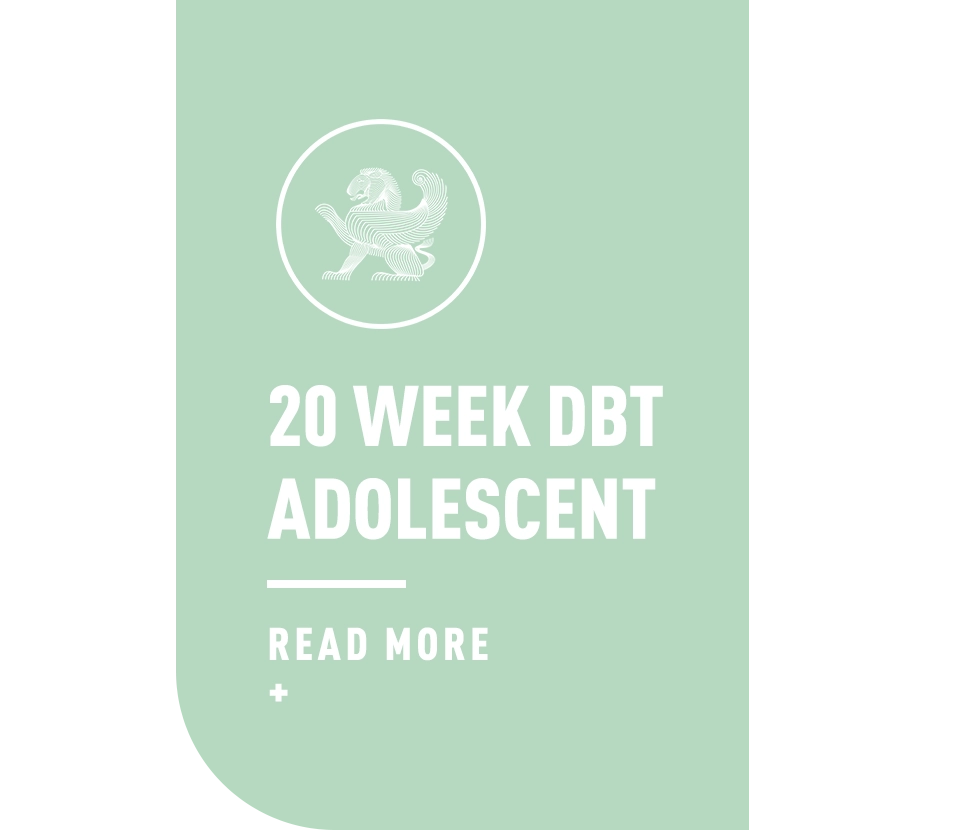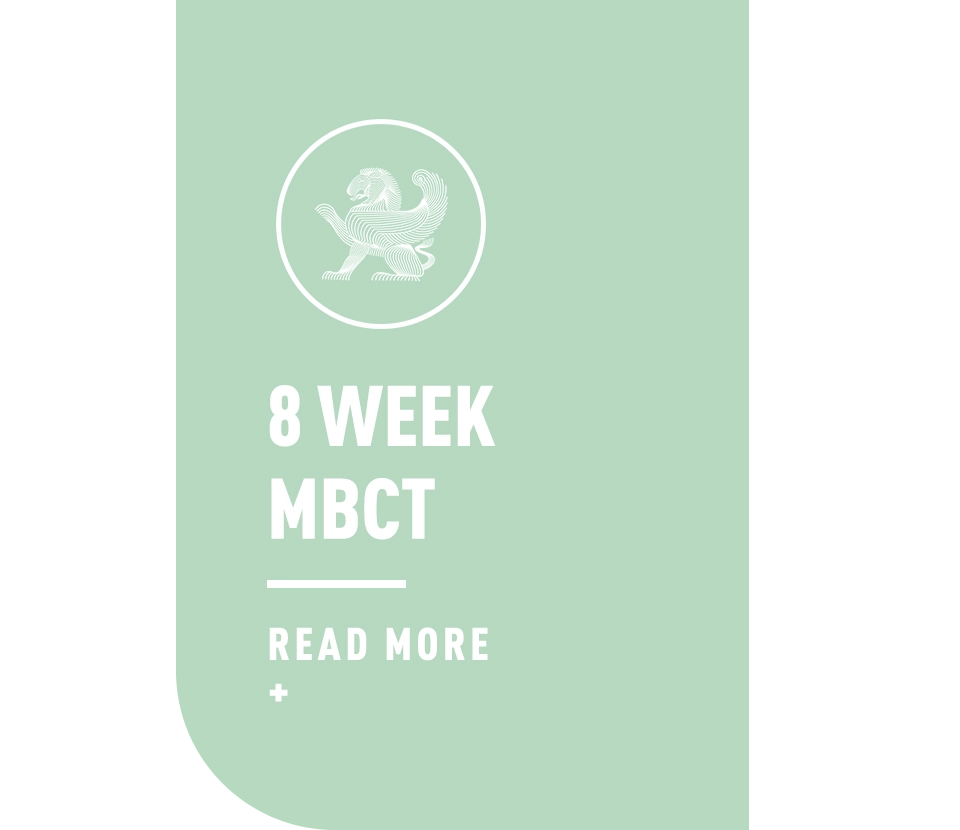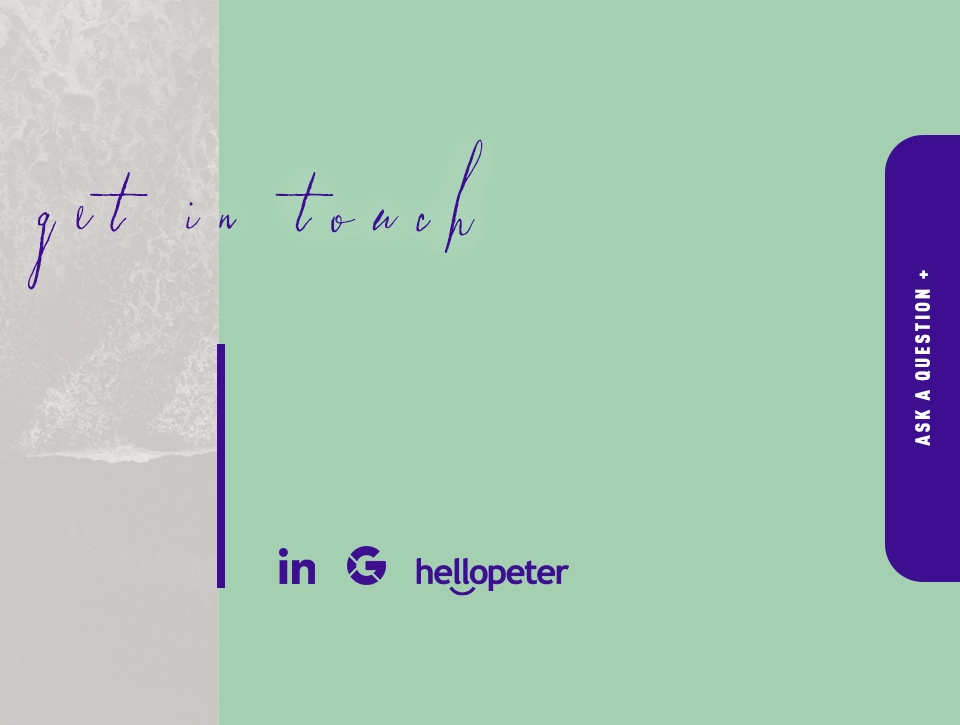
Diagnosing and treating mental disorders on an inpatient or outpatient basis
Making the decision to seek help can be the most daunting thing a person suffering from mental illness can do. For a long time, psychiatry and issues relating to mental health and wellbeing had been stigmatised, especially in Western cultures. Thankfully, times have changed.
Contemplative modalities such as meditation, yoga and mindfulness have been incorporated into traditional treatments for psychiatric disorders. There is more focus on optimising psychological and physical wellness. And treatment options are much wider with individualised programmes that have fewer side-effects than traditional psychiatric remedies.

Because we’re all different, there’s no standard treatment. Some patients respond better to short-term medication such as antidepressants, others benefit from inpatient treatment, some from referral to another therapist, and some explore the fascinating journey of psychoanalysis. Often treatment involves input from an employer, family or school. Whatever my client’s preference, I aim to get results as quickly as possible while being sensitive to costs and practical concerns.
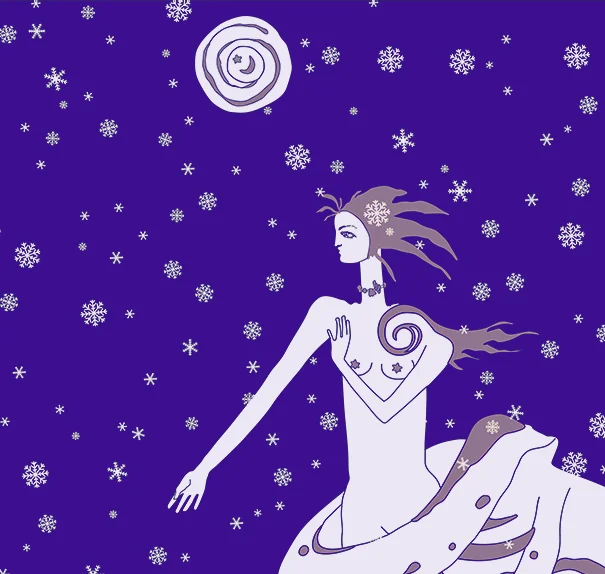

TMS
24 Week Adult DBT Program
20 Week Adolescent DBT Program
8 Week Online MBCT Skills Classes
Jungian Psychoanalytic & Psychotherapy
Helping you heal yourself with proven mind-body treatments and techniques
The good news is that we already have everything available in ourselves to heal our suffering. The body teaches us lessons about suffering; healing the mind can also happen through the body, which is why I use techniques that enable mind-body connections.
Learning to experience happiness
It’s unrealistic to hope for a life free from suffering. But we can learn to live with it – and even experience exquisite happiness during difficult times.
Find the causes of mental suffering
We all suffer at some stage. Even the most enlightened figures throughout history suffered, some horrifically. Suffering is nature’s way of urging us to seek help. It can take many forms. For some, a restless night’s sleep is enough to focus our minds and solve a problem. For others, it can range from feeling anxious and depressed to wondering whether life is really worth living and actively considering suicide.
Some of the symptoms of suffering can be diagnosed as major depression or another psychiatric disorder, while other symptoms are more difficult to define, such as a midlife crisis or teenage angst.
Suffering often has its origin in trauma, including minor traumas such as being shy at school or not being the favourite child. Not only do we suffer because of our individual past traumas, we also experience collective suffering due to our gender or cultural inheritance.
Freeing ourselves from mental disorders
We could try to ignore our mental suffering, or compensate for it through big changes like a divorce or new career. We could try to make it more bearable by using substances, or by working harder and being busy enough to avoid the increasing painful thoughts.
But suffering can turn into a parasite that feeds on our emotional pain. Eckhart Tolle describes it as the ‘pain-body’ where suffering becomes an entity in its own right, fighting for survival and stealing our happy moments.
As we all suffer from trauma, even if only the trauma of everyday experiences, it should be addressed so we can be freed from its hold over us.
Trauma is often locked in the body, as Peter Levine and Bessel van der Kolk have described. Techniques such as mindful movements and eye movement desensitisation and reprocessing (EMDR) can help release it.
Getting to know our unconscious mind
It is a worthy pursuit to make that which is hidden from us known – and to befriend aspects of ourselves we don’t know or like. As everything is interconnected, healing implies we should have compassion and acceptance towards every one of the aspects that make us who we are. Various processes can be used to access the unconscious – from psychoanalysis to mindfulness meditation and yoga – all of which are considered during assessment and treatment.
Healing through evidence-based methods
All the modalities I used are evidence based, meaning they have been found to be effective through carefully constructed research. This is especially true of the psychiatric interventions I use (medication and hospitalisation), psychological interventions (psychoanalysis and DBT), and techniques based on contemplative modalities (yoga and meditation).
Taking an individual approach to mental health
Because we’re all different, there’s no standard treatment. Some patients respond better to short-term medication such as antidepressants, others benefit from inpatient treatment, some from referral to another therapist, and some explore the fascinating journey of psychoanalysis. Often treatment involves input from an employer, family or school. Whatever my client’s preference, I aim to get results as quickly as possible while being sensitive to costs and practical concerns. Don’t suffer alone any longer. Call or email me now.


- HPCSA (Health Professions Council of South Africa)
- CMSA (The Colleges of Medicine of South Africa)
- SASOP (South African Society of Psychiatrists)
- PsychMg (Psychiatry Management Group)
- SAAJA (South African Association of Jungian Analysts)
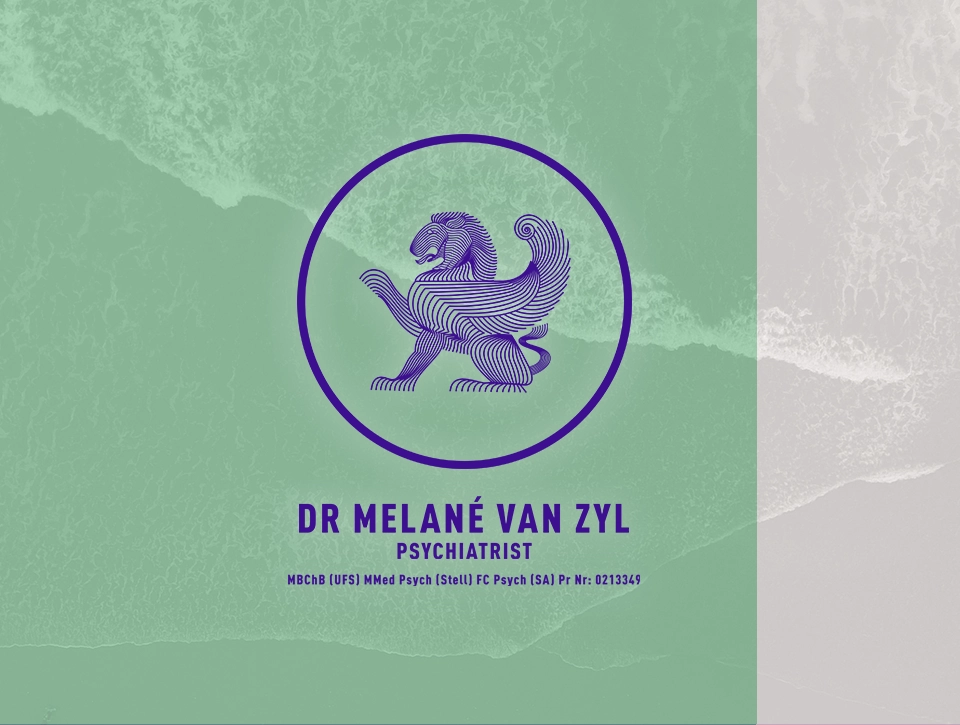
Get in touch
MEDICLINIC SANDTON
TELEPHONE : 011 463 1400 | 081 832 8680
EMERGENCY CELL: 076 895 4591
Please Present to Mediclinic Sandton or Life Glynwood (Benoni)
EMAIL: info@drmelanevanzyl.com



